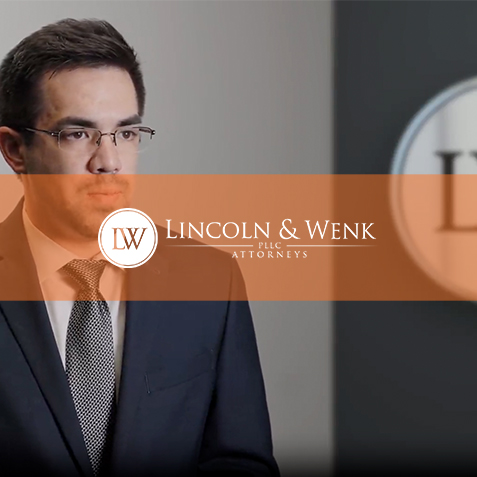What is Probate?
Probate is the process in which the court appoints someone to have legal decision-making authority for a decedent’s estate. After a “Personal Representative” is appointed, this person addresses the final expenses, taxes, and creditor claims of the estate and makes the distributions to the deceased person’s beneficiaries. The probate process often requires paying an attorney to prepare documents and represent you in court, as well as court filing fees for the case.
Probate can delay your beneficiaries from receiving their inheritance. It can also prevent your beneficiaries from receiving their entire inheritance. Most probate proceedings take approximately a year after the decedent’s death to resolve, although more complex cases could take longer. Your beneficiaries will have to wait for the probate process to end before they inherit.
Dying without a Will or Trust in Arizona could mean the state will award some or all of your assets to an estranged family member or someone you may not wish to inherit from your estate. You should not only create an estate plan, but also update it every few years or whenever you have a major life event.





